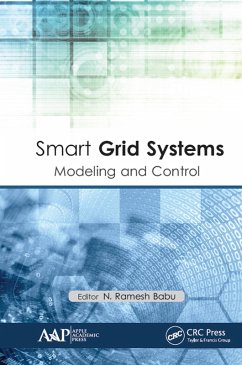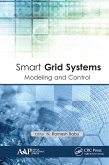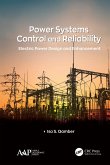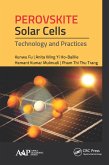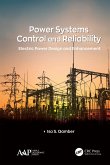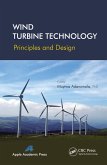Smart Grid Systems: Modeling and Control advances the basic understanding of smart grids and focuses on recent technological advancements in the field. This book provides a comprehensive discussion from a number of experts and practitioners and describes the challenges and the future scope of the technologies related to smart grid.
Key features:
- provides an overview of the smart grid, with its needs, benefits, challenges, existing structure, and possible future technologies
- discusses solar photovoltaic (PV) system modeling and control along with battery storage, an integral part of smart grids
- discusses control strategies for renewable energy systems, including solar PV, wind, and hybrid systems
- describes the inverter topologies adopted for integrating renewable power
- covers the basics of the energy storage system and the need for micro grids
- describes forecast techniques for renewable energy systems
- presents the basics and structure of the energy management system in smart grids, including advanced metering, various communication protocols, and the cyber security challenges
- explores electric vehicle technology and its interaction with smart grids
Dieser Download kann aus rechtlichen Gründen nur mit Rechnungsadresse in A, B, BG, CY, CZ, D, DK, EW, E, FIN, F, GR, HR, H, IRL, I, LT, L, LR, M, NL, PL, P, R, S, SLO, SK ausgeliefert werden.

